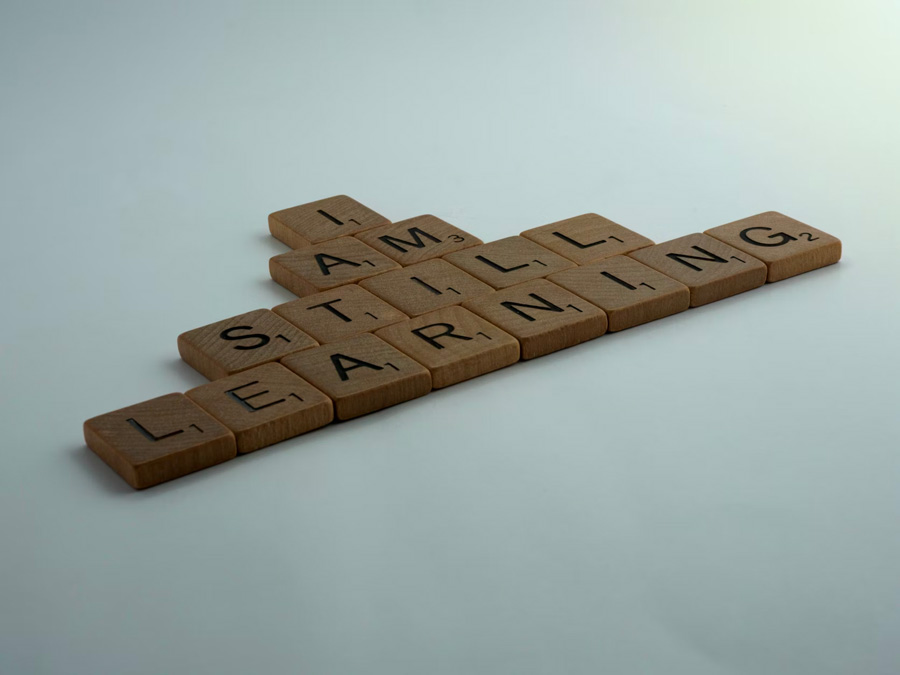Experiential learning, or just learning through direct means, is a huge and vital part of the learning process itself. Technically, it’s half of the learning process. Theory and application. Reflection and action. Of course, you’ll need to get your hands dirty to develop your skills.
Speaking of learning, if you want to focus on learning something you’re passionate about but don’t have time, just send a ‘write my essay’ request on Studyfy and delegate it to a professional writer, so you can focus on what you want. For now, let’s get into the article.
Experience Is A Great Teacher
Active participation will allow you to gain a deeper understanding and help you develop your insights. What’s more, is that you’re honing the practical skills to match it. By immersing yourself in real-time situations, you’re becoming a better problem-solver and decision-maker.
You are essentially:
- Stimulating your critical thinking by actively solving problems in real-time.
- Enhancing your creativity as you look for new ways to tackle a problem.
- Becoming more adaptive as you face different scenarios.
Trying to navigate through real-world challenges and their complexities is a surefire way to develop the needed skills to face what’s ahead. Experiential learning can be approached in two ways. The first one can be done through simulation exercises and training. This is as close as it gets to the real thing. The second approach is the most direct one. It’s to expose a person directly to what they have to learn, step-by-step. Both methods can be effective as long as they’re applied right.
Learning from mistakes, knowing how to recover from failure, and knowing how to take constructive criticism and put it to good use are also key parts of the experiential learning process.
Developing Connections & Networks
By immersing in direct experience, people can also hone interpersonal intelligence and communication skills, and they can develop connections that can help them move forward. Or, simply, they can meet people who bring value and friendship to their lives. Professional or personal, experiential learning allows people to connect with others through activity.
Group activities, collaborative work, and more can expose individuals to the diversity of being in a team. They can also hone other skills like active listening, eloquent expression, emotional intelligence, and the necessary ability to mediate or navigate conflict. All of these aspects make up the whole for better personal and professional connections.
And a person can certainly develop a positive network over time by simply immersing themselves with others and making an effort to connect.
Transferable Skills Development
Beyond acquiring new knowledge and skills, experiential learning can help develop transferable skills. These types of skills are those that can help you out since they can be used across various situations and fields. Becoming an adaptable and versatile version of who you are can help open many doors for you.
Transferable skills are highly sought by professionals. By being expansive in your pursuit of new skills and knowledge and having the discipline and courage it takes to apply them, you can attract the right opportunities and the right people. This doesn’t only affect the work ethic and quality, but the right universal skills can do good for personal and social skills.
For example, people can develop the right skills for presentation and public speaking. Maybe fields might oblige people to present their findings persuasively and tactfully, so these types of skills are important for many fields.
Leadership skills can also be one of the universal skills experiential learning can help foster. Leadership skills are important and are needed in almost all fields. Being able to delegate tasks, motivating team members, making reasonable judgments, having developed self-confidence, and having the capability to overcome complex situations are all parts of what makes a good leader.
Connecting Theory With Practice
Experiential learning connects theory with practice. Archaic and traditional ways of learning put too much emphasis on textbooks and can be bogged down or held back by them. Experiential learning can hone the two elements of theory and practice since experimenting is not only with actions but also with intention and research. It can be a balance of both, which it should be.
Take this as an example; an engineering student can work on a design project that obligates him to use his technical skills while also figuring out real-world constraints and relevant considerations through experiential learning. Theory and practice can be bridged, and the dots can be connected through effort, allowing the person to become a professional with a well-rounded skill set.
Fostering Responsibility, Ownership & Initiative
Experiential learning also inspires you to take ownership of learning and the process and fosters a sense of responsibility and your will to take the initiative. Because people make mistakes when learning, they understand and respect the process of progress much better. And they can develop an iron will throughout the whole thing as long as they develop their resilience.
Intangible elements are as important, if not more important, than tangible ones. Experiential learning can help develop those invisible qualities that are driving factors to a highly-skilled individual. And, of course, experiential learning can help people realize that the journey is as important as the destination, and in some contexts, it can be more important.
Learning is a life-long element that we have to foster throughout our whole life. By immersing yourself in experimentation and wonder, you’ll understand the value of learning. You’ll also be humbled when you realize that you can always learn something new. This is vital. Many people become settled and dogmatic in their beliefs and perspectives as they grow older when it’s clear that we can only know so much.
Final Thoughts
We hope we’ve inspired you to get your ‘hands dirty’ and to learn at your own pace, at your initiative. Experience is the best teacher, but it’s also much better when you balance both theory and application, depending on the context of your situation. We wish you enjoyable learning and development of new and exciting skills.







